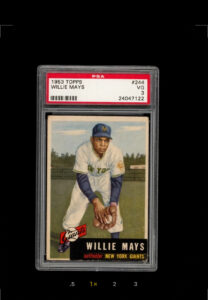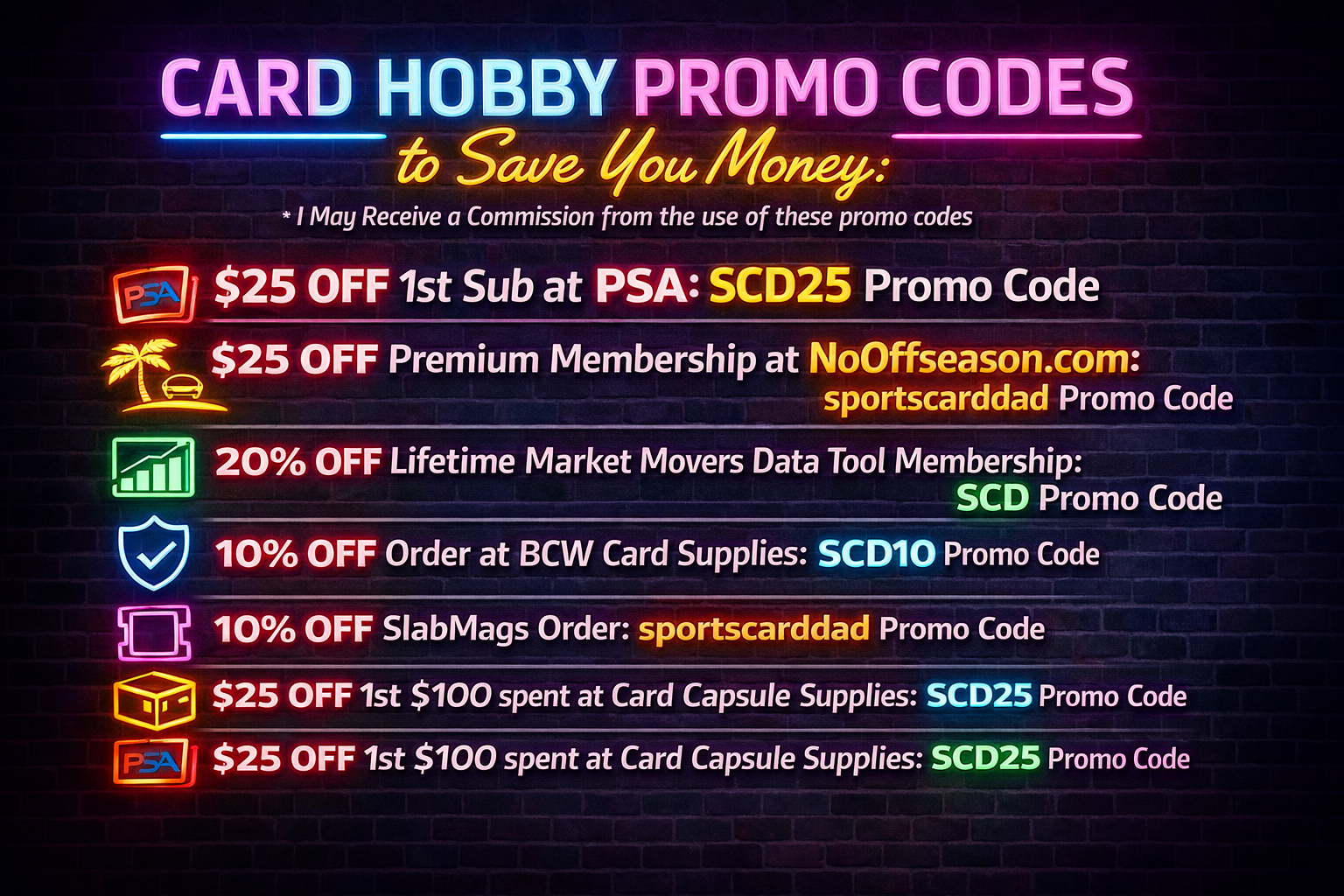BIG SQUEEZE coming for Sports Card Stores
Sports card store product allocation — how much product (like Topps or Panini boxes) a shop receives from distributors or manufacturers — has been a major point of friction and evolution, especially with Fanatics taking over much of the licensed sports card market. Here's a breakdown:
🏪 How Product Allocation Traditionally Worked
📦 Distributors
-
Most local card shops (LCS) got product from middlemen distributors (e.g., GTS, Southern Hobby, Peach State).
-
Allocation depended on purchase history: If a shop regularly bought lots of products (including less popular ones), they got more of the high-demand stuff.
-
Distributors often bundled hot products with slow-movers, forcing stores to buy more inventory than they wanted.
🛒 Direct Accounts
-
A few big shops or breakers had direct relationships with Topps or Panini and bypassed distributors.
-
Requirements for direct access were often opaque and political, favoring big accounts.
🧨 The Disruption: Fanatics Takes Over
🆕 Fanatics Acquires Topps (2022) + Future Control Over NBA & NFL Licenses (2026)
Fanatics has promised to restructure how allocations work:
📈 Key Changes (In Progress):
-
Direct-to-Consumer Model:
-
Fanatics wants to sell more product through its own platform (Fanatics Live, Topps.com).
-
Less reliance on third-party distributors.
-
-
Data-Driven Allocations:
-
Fanatics uses metrics like sales performance, community engagement, and marketing efforts to decide who gets what.
-
It's less about loyalty to distributors and more about performance and transparency.
-
-
Emphasis on Retail and Experience:
-
Fanatics is rewarding LCSs that build community, host trade nights, and drive foot traffic.
-
Stores may need to prove they’re adding hobby value, not just flipping boxes.
-
-
Fanatics Partner Network:
-
Some stores are now applying to be official Fanatics/Topps partners — giving them better pricing, product access, and promotional support.
-
This is still in rollout mode and evolving.
-

📉 What's Going Away or Being Disrupted
-
Traditional Distributors: May lose relevance or be cut out.
-
Allocation “Games”: Less about kissing up to reps or buying junk wax.
-
Backroom Deals: Transparency is increasing (allegedly), and Fanatics says it wants to avoid shady practices.
😬 Mixed Reception in the Hobby
| Perspective | Reaction |
|---|---|
| 🔥 LCS Owners | Nervous — some fear losing access unless they play by Fanatics’ new rules |
| 💰 Breakers/Online Sellers | Could benefit if Fanatics prioritizes high-volume or engagement-heavy sellers |
| 🧍 Collectors | Hopeful that this might lower prices and increase fairness, but skeptical about corporate control |
🧭 Summary
Sports card allocation is shifting from opaque distributor relationships to a performance-based, Fanatics-controlled model. Card shops that embrace community-building, data transparency, and Fanatics’ ecosystem are best positioned to thrive. The full transition is still unfolding, but the old-school distribution model is definitely fading.


